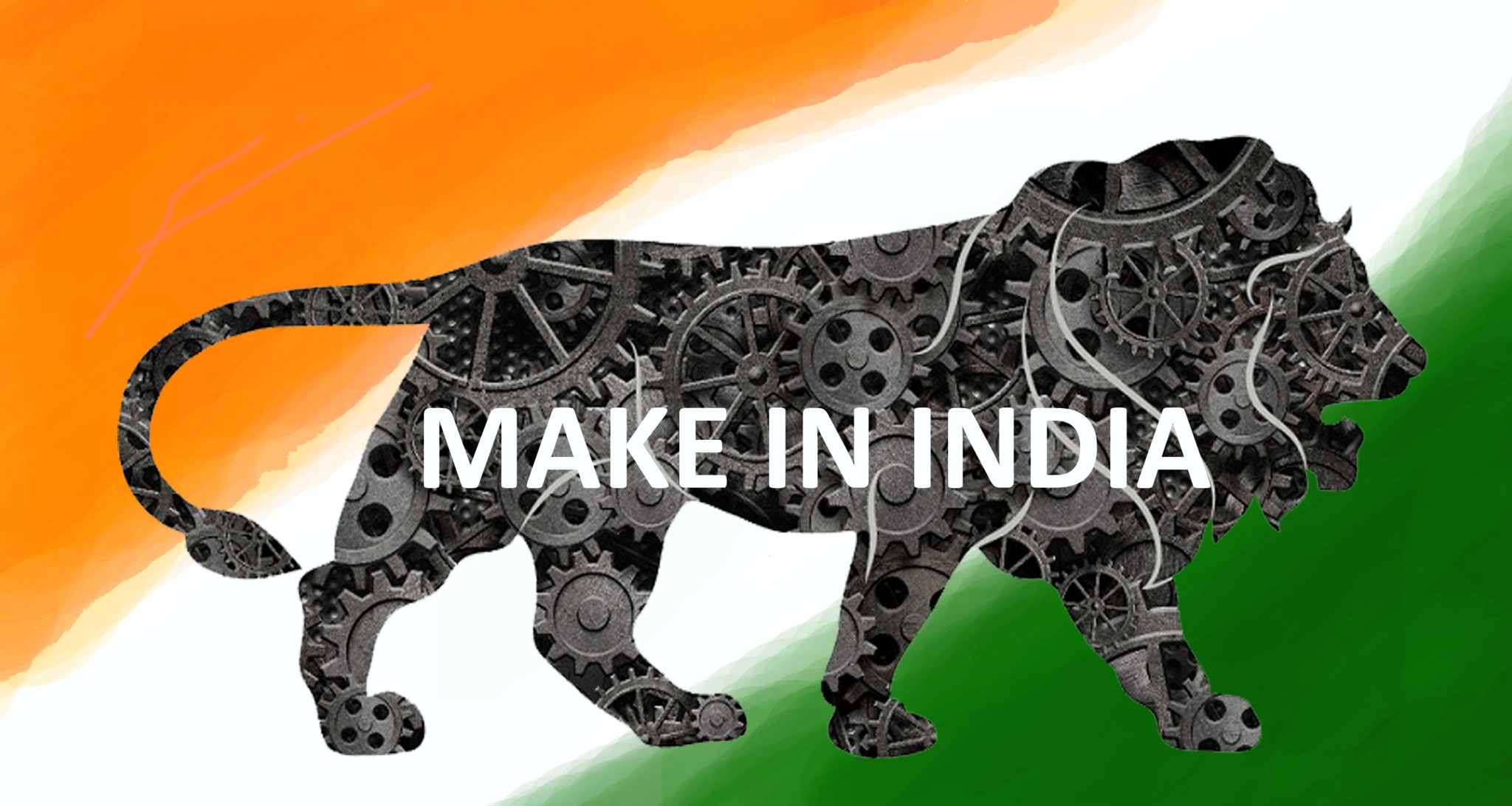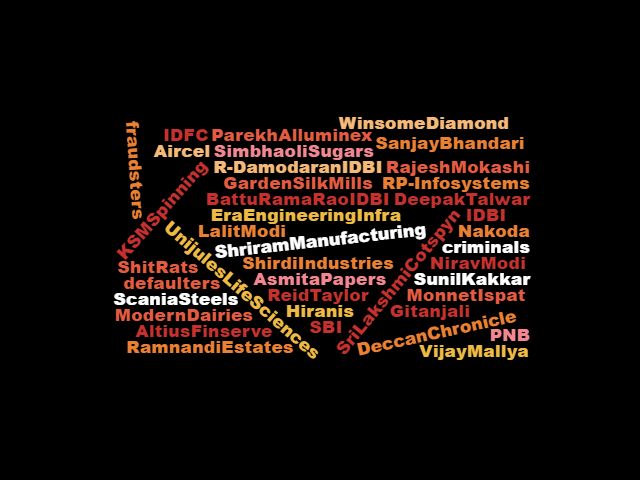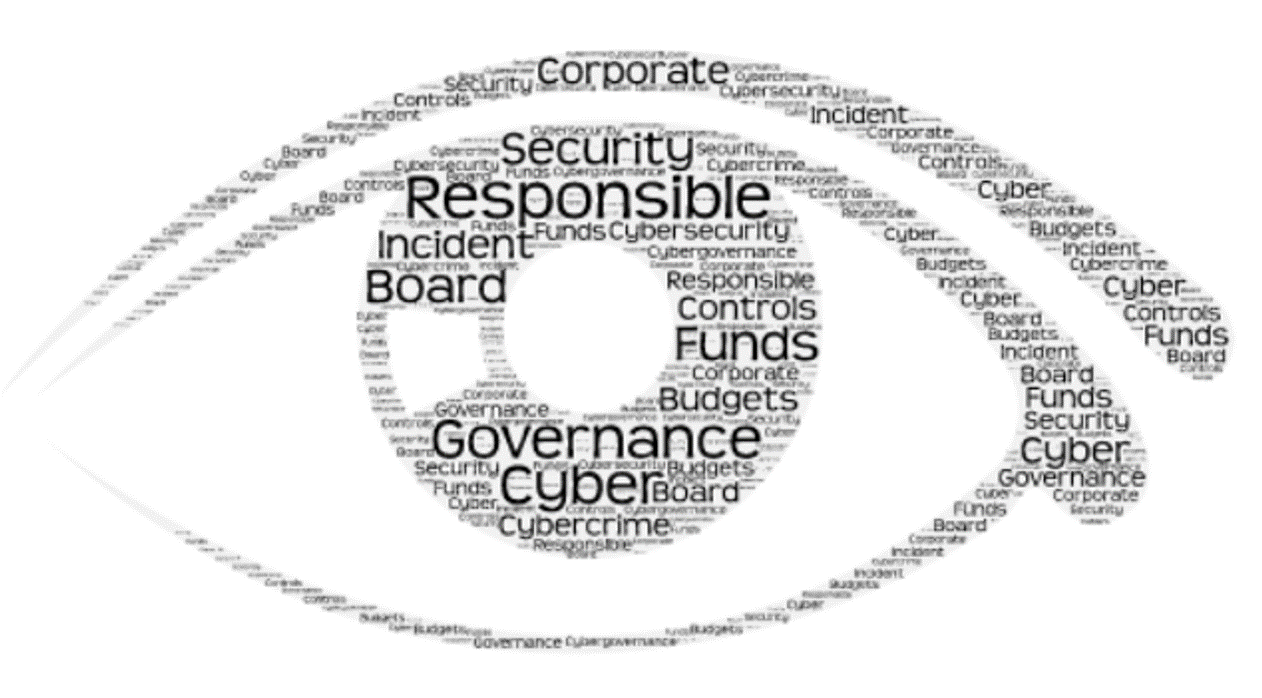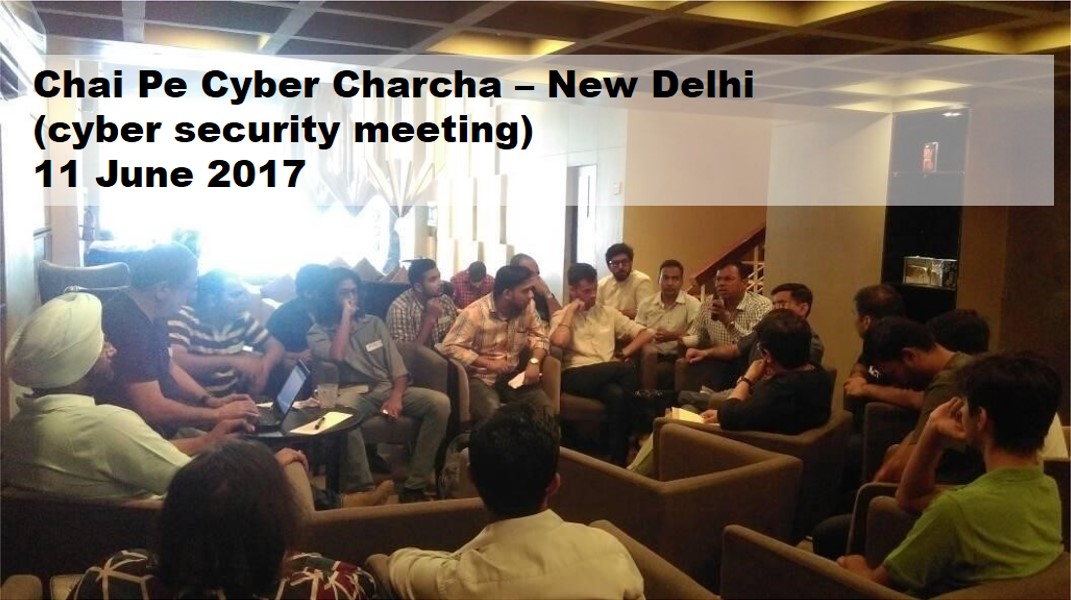I am enclosing the report of the Standing Committee on Information Technology which deals with the action taken by the Government on the Observations/Recommendations of the Committee contained in their Sixth Report (Sixteenth Lok Sabha) on „Demands for Grants (2015-16)‟ relating to the Ministry of Communications and Information Technology (Department of Electronics and Information Technology). None of the concerns dealing with actual issues dealing with National Security issues have been addressed except for the setting up Semi conductor wafer fabs. I am appending certain paras which should be of interest to our strategic community.
However, the fact of the matter is that in spite of several measures taken by the Department over the years, there has been rapid increase in import of electronic items [which has increased from ` 187306.38 crore in the year 2013-14 to ` 206399.58 crore in the year 2015-16 (till Feb 2015)] and decline in exports of electronic items [which was ` 46703.78 crore during the year 2013-14 and ` 33634.29 crore during the current year (till Feb 2015)]. Nevertheless, the Committee take note of the steps taken by the Department to promote this sector which inter-alia include the Modified Special Incentive Package Scheme (M-SIPS); Electronic Manufacturing Clusters (EMC); Setting up of Semiconductor Wafer Fabs; preference to Domestically Manufactured Electronic Products (DMEP) in Government procurement; Electronic Development Fund (EDF) Policy approved on 10th December, 2014; Compulsory Safety Standards for Electronics; Scheme for setting up/up-gradation of Labs; Promoting collaborative funding in R&D; Supporting research in Medical Electronics through BIRAC; National Centre of Excellence for Large Area Flexible Electronics (CFLEX); National Centre of Excellence in Technology for Internal Security (NCETIS); Policy for Promotion of Fabless Design Industry; Development of Indian Conditional Access System (CAS); Scheme for supporting MSMEs in the electronics sector; Setting up of Incubation Centre in Delhi-NCR; Setting up of Incubation Centre with focus on Medical Electronics at IIT Patna, etc. The Committee also note that rationalization of tariff and Budget announcement have been made during the year 2014-15 and 2015-16 for boosting indigenous manufacturing of Mobile Handsets, Personal computers (Desktop, Laptop and Tablets), TVs, indigenous manufacturing of ITA Products, LED Lights, Medical Electronic Products, Solar Photovoltaic Cells, smart cards, Microwave Ovens, optical fibre cables, Semiconductor wafer fab, Telecommunication Equipment Manufacturing, Set Top Boxes, etc.
This report basically highlights that our vulnerabilities in the field of cyber security from our national security perspective continue to proliferate as our imports in this strategic sector continue to grow and our exports decline. With out the state intervening our domestic industry which is our only guarantee for ensuring our strategic critical infrastructure in the cyber domain is defendable against external aggression will wither away. The government initiatives till date have not been able to get its act together is evident. All allocations on capacity building is being erroneously utilised to undermine our national security as they end up being used to purchase hardware and software from non indigenous sources. Further training on software and hardware from foreign manufactured products result in a resource pool indoctrinated in their usage. Our only meaningful contribution is in the software service industry which has limited strategic significance.
The Committee have been given to understand that some areas which are major hurdles hindering this sector from taking off are zero duty regimes on 217 tariff lines [India being a signatory to the Information Technology Agreement-1(ITA-1) of the World Trade Organization (WTO)], the domestic manufacturing sector facing direct competition from the manufacturers of countries like China, Japan, Taiwan, South Korea, Malaysia, United States of America and European countries, etc. The other identified obstacles relate to the declining domestic manufacturing capabilities and various disabilities like high finance cost, poor infrastructure and logistics, unreliable and poor quality of power, inverted tax duty structure wherein importers get favorable tax regime vis-a-vis domestic manufacturers and high transaction cost due to the large number of regulatory clearances requirements, etc. This has added to the slow growth of Electronics and IT Hardware manufacturing sector.
This preceding para is what needs to be addressed. As enough evidence now exists for collusion between the security establishments of foreign nations and the OEM’s of ICT products and services. In an Infowar age this is what will decide national security and economic growth.
The US Government budget on ICT and Cyber security for 2016 dwarfing the outlays for Nuclear weapons now begin to make sense. The importance of internet connectivity and its ability to positively influence the human race is without doubt a key revolution which is profoundly transforming India as we speak. To ignore the military potential for mischief by not being aware of the implications would be tragic for a nation who blithely has been proclaiming itself as an IT Superpower.
The identified obstacles relate to the declining domestic manufacturing capabilities and various disabilities like high finance cost, poor infrastructure and logistics, unreliable and poor quality of power, etc are being addressed by this government to a certain extent.
The actual action points that can actually accelerate ‘Make in India’ and take care of national interests in this strategic sector like :-
(a) The inverted tax duty structure wherein importers get favourable tax regime vis-a-vis domestic manufacturers
(b) Hgh transaction cost due to the large number of regulatory clearances requirements, etc.
(c) A framework to promote domestic innovation and entrepreneurship.
(d) Amendments to procurement guidelines in the strategic sectors.
(e) A privacy law to ensure that personal data and data generated by IOT devices in India to be stored in national boundaries under our legal system etcare all unaddressed till date. Not doing these at the earliest will cost the nation dearly.
Action taken by the Government















